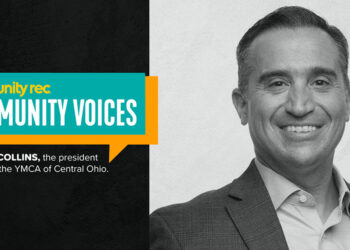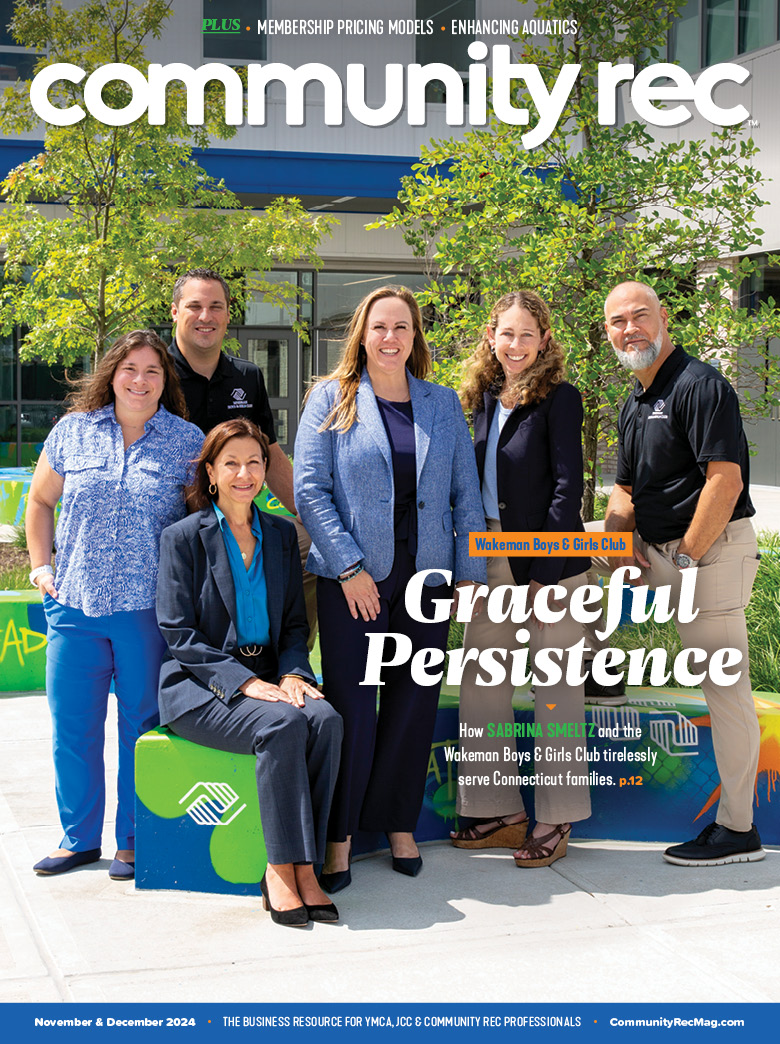“Isn’t it nice to think that tomorrow is a new day with no mistakes in it yet?” — L.M. Montgomery
If you have worked in fitness long enough, you are familiar with what is known as the “fresh start effect” — whether you know it or not. The most prominent time of the year for this “new me” phenomenon is January 1 (if you said “New Year’s resolutioners,” you’re correct).
However, we see the fresh start effect happening all the time. Fresh starts almost always start on a Monday, or after some other milestone date, like a birthday. Fresh starts also tend to happen after some significant event in one’s life. This is one of the reasons why Monday also happens to be the busiest day of the week in the gym.
There is something so appealing about wiping the slate clean and starting anew. Many of us have said, “‘Old me’ drank too much this past weekend — ‘new me’ is going to never do that again.”
Before I talk about how to intentionally trigger and leverage fresh starts, I need to derail my own blog for a moment. Have you ever heard of “the law of large numbers?” In a nutshell, it means even if you only generate a 2% close rate on any given sales system, over enough pitches, you will ultimately generate whatever income you are targeting.
This plays out at many large chain clubs, in which I’ve worked in or consulted. Instead of improving on the sales system, they instead focus on generating more appointments. And to be honest, it has less to do with not wanting to improve the system as much as high turnover.
There is a hefty commitment in time to train a team to be sales ninjas. So instead of investing education into an employee who is statistically likely to leave fairly soon, they provide their employees with a very basic sales education and give them some outrageously high daily lead generation goal.
I believe as an industry, we really stink at conducting fitness consultations — sometimes these sessions are also known as “first session free,” “orientations,” or a “jump-start.” Most trainers believe the key to winning the game is prolonged exposure and rapport-building.
The basic thought is prospective clients will like us so much that eventually, they will reward us with a contract or something. However, we tend to misunderstand that motivational interviewing is not a solid sales practice. It’s for influencing changes in behavior, not getting someone to spend thousands of dollars at the point of sale.
We can’t even agree, as an industry, what to call this first session. I bring all that up just to highlight that attracting and retaining clients becomes a lot easier with much less friction if you invest education into yourself.
We recognize the power of the fresh start effect because it is often what drives traffic through the doors. It’s a powerful motivator and one we can leverage in every fitness consultation session.
Here’s how to be proactive and not just reactive. In my “Elite Personal Training System,” I divide my one-hour session into four distinct parts. It is in that very first quadrant that we not only want to build rapport, but also prime our prospective clients to begin to believe they can and will achieve their fitness goals with your expertise and their dedication.
Tomorrow is full of opportunity, and we are going to shed “old me,” who often made the poor diet choices and skipped workouts. “New me,” however, is committed to bringing about the change in life we keep telling ourselves we want. Priming your prospective clients to believe “new me” can achieve anything they put their mind to is critical to the rest of the sales process.
Let’s take another step aside for a moment. Forget that self-serving “sales process” thing I just said for a second. To be clear, there is a big difference between persuasion and manipulation. Manipulation means you get someone to make a poor decision for your benefit. Persuasion is the exact opposite. You want them to pick the option that’s good for everyone involved.
By priming your prospective clients to believe they can manifest success in their life, you are helping them along their journey of self-actualization. It’s a noble cause and one that tends to get muddied by the fact that we earn a living off of them choosing to pay us for training. Just make sure you are not over-promising. If you tell someone you can help them, help them — or change careers.
Here are a few questions I recommend you incorporate into the beginning of your fitness consultation process. In addition to being a sincere listener, make sure to ask:
- Why are we meeting today, and not a month or even a year ago?
- Why is it important to you that you achieve this goal?
- What has changed in your life that leads you to believe you can be successful now?
- Have you found in the past that when you commit yourself to a goal that you can achieve it?
Priming for success certainly isn’t the only goal we want to accomplish in those first 15 minutes, but it is a key part of the process. By framing these four questions in this particular way, we will begin to set the stage for our prospective clients to believe they can achieve success in their own words.
Make no mistake, they know you want to sell them personal training, even if you say you’re not a salesperson. Ultimately, their own words are far more powerful than anything you could say.
Success isn’t a happy accident, my friends.
Jason R. Stowell is the division director of fitness and wellness for JCC of Greater Pittsburgh. He is an award-winning fitness leader with over 20 years of successful experience providing strategic planning, talent management, and expert-level sales training in the health and fitness industry. Connect with him on LinkedIn here.










